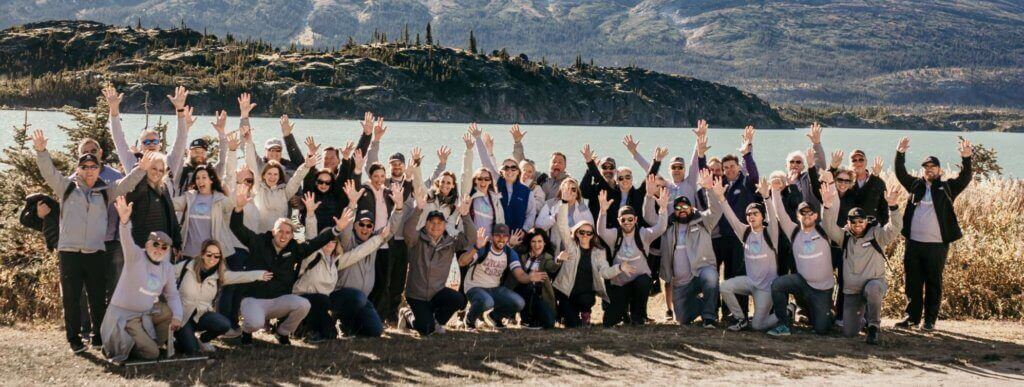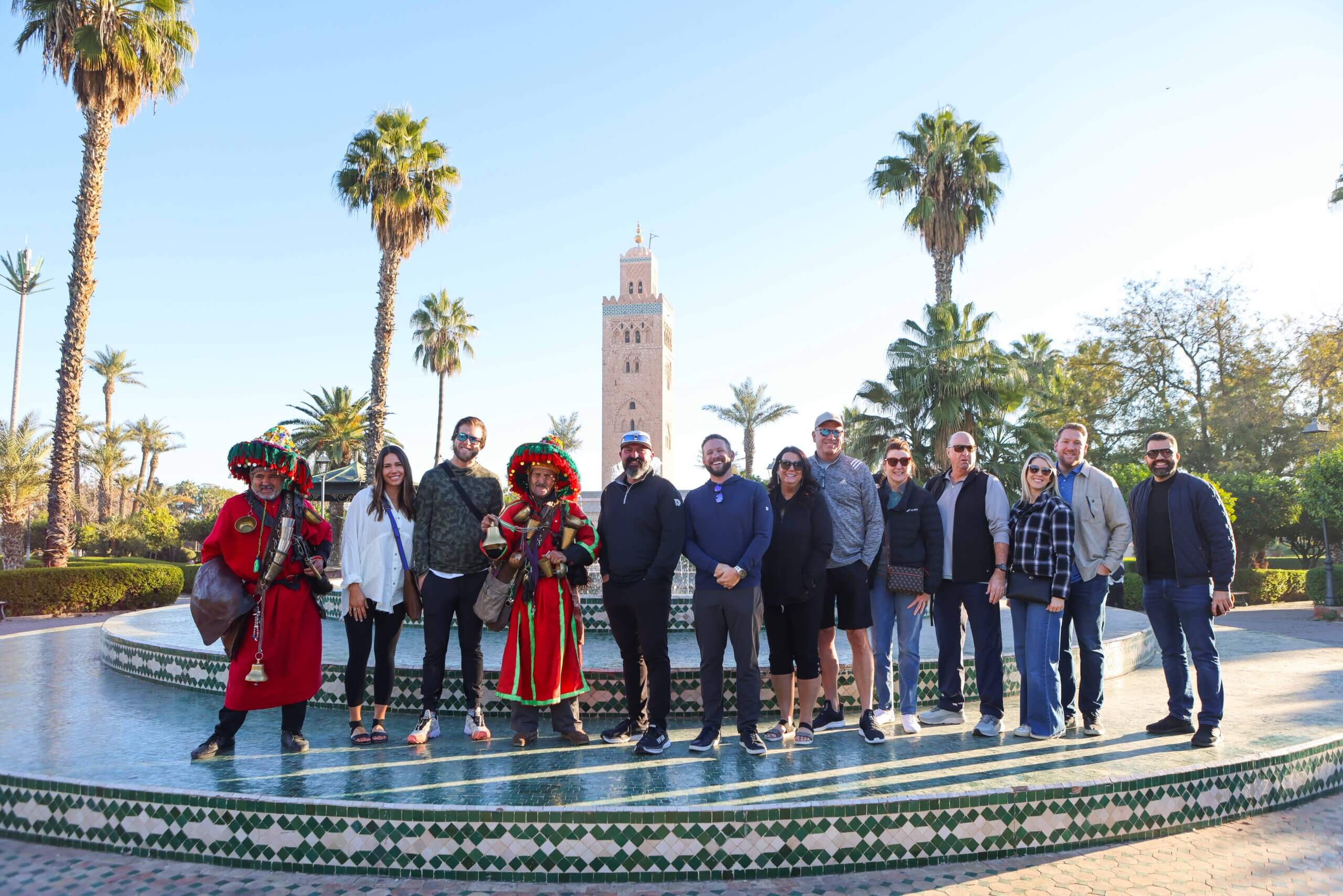





“Culture is King!” It’s being posted from every corner of social media, shouted on every business podcast, and bandied about by every HR expert out there. Seriously, as I write this, I just received an email talking about how companies are ditching their pingpong tables and opting for more substantial approaches to creating a thriving culture. . . but then the email didn’t share the actual substance of these new approaches! I’d like that 30 seconds of my life back, please!
I prefer the time-honored K.I.S.S. (Keep It Simple, Stupid) approach and I think that Forbes Contributor Dr. Pragya Agarwal puts it best in her simple four-point list:
- Establish clear ethos and values for the organization
- Foster collaboration and communication
- Create an inclusive work environment
- Create clear goals and rewards for the employees
Dr Agarwal summed culture up this way: “A positive culture in the workplace is essential for fostering a sense of pride and ownership amongst the employees. When people take pride, they invest their future in the organization and work hard to create opportunities that will benefit the organization.”
Recent findings in an Incentive Research Foundation study show that number four on Dr. Agarwal’s list—creating clear goals and rewards—is critical to creating a “talent culture” and that “more employers than ever are offering non-cash rewards aimed directly at building relationships, encouraging inclusion and knowledge-sharing, and promoting engagement.”
The power of non-cash rewards in increased sales and productivity is always at the top of the list, but the 2018 Incentive Travel Industry Index powered by SITE Index, IRF Outlook and FICP found that building relationships with employees is now the second most important reason for using such rewards. This jump from number 5 on the list to number 2 demonstrates the growing awareness of the power of building relationships with employees. Survey respondents reported that these rewards bolster company culture, create stronger bonds “between vendors and employers, executives, and employees,” and generate a “sense of purpose.”
That sense of purpose is critical. More than ever, companies are looking for ways to foster corporate citizenship—to be a net benefit for their community—since the behaviors and attitudes associated with it create the company cultures and work environments that attract and retain top talent. Evidence is mounting, as shown in The IRF Quarterly Academic Review, that when executives combine economic incentives with recognition and well-designed non-cash rewards, they create company cultures rich with purpose.
So while creating a positive company culture can be tricky, empirical research shows that when organizations focus on building relationships with employees through non-cash rewards and working to create a sense of purpose at work, they not only outperform their competitors but also thrive, even under less than ideal conditions.
Culture may be King, but a great company culture doesn’t happen by accident or by simply ditching the ping-pong tables. A well-planned incentive travel program is a powerful way to “create clear goals and rewards for employees.” But more than that, it has the power to transform a company culture by increasing connections with and between employees and imbuing each day with a sense of purpose. And that’s two minutes of your time you can take to the bank.






